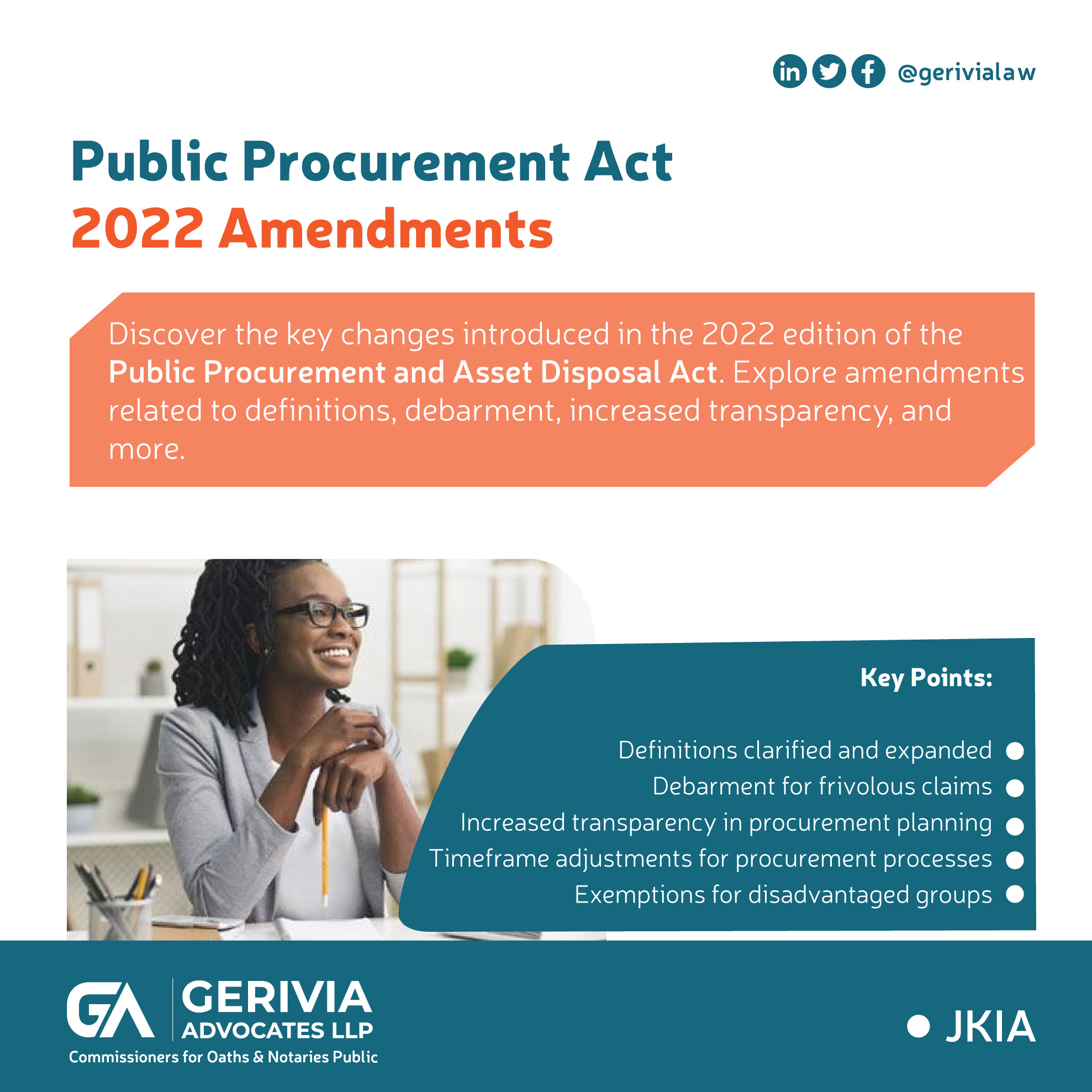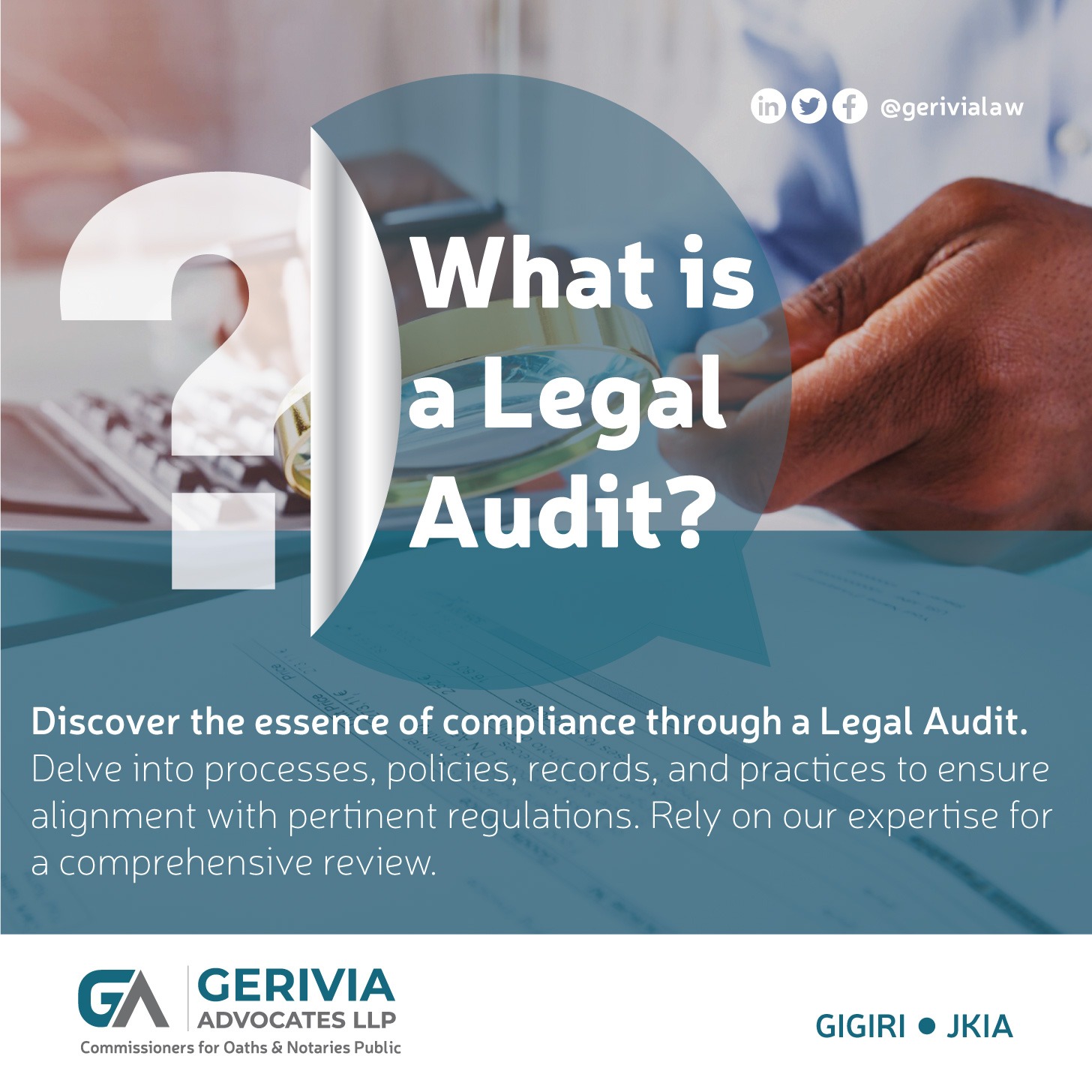Brief Personal Experience
When I was very new to legal practice, I encountered an interesting borrower. At the time I was working in a law firm which was in the panel of advocates of one of the big banks in Kenya.
So, the borrower secured a loan facility from the bank and obtained a letter of offer. Following the issuance of the letter of offer and the bank completing its internal processes, the bank issued the law firm with instructions to prepare a charge to secure payment of the financed amount.
After preparing the charge as per the instructions of the bank, I invited the borrower to come to the office and execute the same.
The charge was a third-party charge. This means that the charge document contained the name of the chargor (registered proprietor of the property), the borrower (person who has approached the bank for financing) and the chargee (the bank).
I explained that the chargor had to sign the charge, her spouse had to execute a spousal consent and as the borrower he was also required to sign the charge. I explained that all parties had to execute the charge in my presence.
After this explanation, I went on to explain to the borrower the reason the charge had been drafted as a third-party charge after he had protested execution in my presence by all parties, contending that he is the borrower, he is the one being financed and the registered proprietor and her spouse should not be involved.
After a detailed explanation, the borrower stated that he would like to carry the charge document with him, have the chargor and her spouse execute and then return the same to me for further dealing.
At this point I explained that the charge should be signed in the presence of an advocate and that should he take the charge with him for signing, I would require him to bring, along with the executed charge document, a copy of the advocate’s practicing certificate. He looked very disgruntled and he left after stating that I was overly complicating the process.
He proceeded to his branch and reported the law firm to his relationship manager indicating that the law firm was complicating the transaction. The matter was escalated to the branch manager, who requested an explanation from our end.
I explained that I can only witness charge documents that are executed in my presence and that the borrower (bank’s customer) became disgruntled after I insisted that the execution by the chargor, her spouse and the borrower had to be done in my presence or in the presence of another advocate (in which case I would require a copy of the advocate’s practicing certificate).
The branch manager advised that the bank would secure the signatures and return the documents to us for further dealing. After this, the branch manager went quiet, I never heard from the borrower again. A month later, I contacted the branch manager to follow up on the matter.
The branch manager stated that the transaction did not proceed since upon his insistence that the chargor appear at the bank to execute the charge, the borrower bolted. On further probe, the branch manager discovered that the borrower was attempting to secure financing from the bank without the chargor’s (who was the borrower’s mother) knowledge and/or approval.
He added that, it occurred to him that all along the borrower intended to take the charge document with him sign on behalf of the registered proprietor and her spouse and sign as the borrower.
The risk of fraud with third party charges is common. Imagine what would have happened if the advocate or the bank had compromised on the due diligence requirements in a bid to meet turn- around times!
What is a Third-Party Charge?
A third-party is generic term for any individual who does not have a direct connection with a legal transaction but who might be affected by it.
A person or entity can generally grant security over its assets (where registered as the proprietor) to secure the obligations of a third-party (the person borrowing from the bank) to the creditor (the bank).
Simply put, a third-party charge is drawn where the chargor (registered proprietor of the land) is different from the borrower.
The Mischief relating to Third-Party Charges
Often, borrowers take title deeds belonging to their relatives or even close friends and approach their bank or other financing institutions like SACCOs for financing. The bank will issue instructions to its advocates to prepare the charge document and proceed to register the same.
The advocate dealing will require the charge to be signed by the chargor, his/her spouse and the borrower in the advocate’s presence. In some cases, the borrower will be allowed to carry the charge and return it fully signed by the chargor and his/her spouse. The advocate will proceed to have the charge signed by the bank’s attorneys and register the same.
In some instances, the borrower will default. The bank will proceed to serve the requisite notices on the chargor prior to exercising a chargee’s remedies under Section 90 of the Land Act following the event of default.
The chargor will, after receiving the notices, proceed to Court contending that he/she did not sign the charge and had no knowledge that his/her property had been pledged as security to secure the obligations of a third party.
There is mandatory certification required under Section 56 (1) of the Land Registration Act. The said certificate should be signed by the proprietor of the land (the registered owner). The requirement that the certificate be signed by the proprietor is mandatory since the law presupposes that the registered owner must be made aware of the consequences of endorsing his signature on an instrument of mortgage.
Such registered owner is made aware that in the event of a default, he would be deprived of his property. Therefore, in the circumstances where the proprietor does not execute the charge instrument, prima facie that charge is voidable.
There are unscrupulous persons who steal and/or take without consent original title deeds of their relatives and friends and approach a bank for financing.
In the event that the advocate with instructions does not insist on execution of the charge in his presence or the presence of another advocate, there is a risk that the borrower will forge the chargor’s signature and the signature of the chargor’s spouse.
The charge will be registered and the loan advanced to the borrower. After the borrower defaults and the bank enforces its remedies for default, the chargor will state that he/she had no knowledge of the charge, he/she did not execute the charge and did not approve the pledging of his/her property as security for a loan advanced to the borrower.
Chargor’s lack of understanding of a Third-Party Charge
In some cases, the chargor will execute the charge document willingly but without understanding that every charge has an implied covenant by the chargor with the charge, binding on the chargor, to pay the principal money on the day appointed in the charge agreement, and, so long as any of the principal money or any part thereof remains unpaid, to pay interest on the money thereon or on so much of the money that for the time being remains unpaid at the rate and on the days and in the manner. [See Section 88 (1) (a) of the Land Act].
The advocate before whom a charge is executed has the duty to explain the contents of the charge document to the chargor and advise the chargor on the effects of the security. On the other hand, the advocate acting for the bank has a duty to confirm the capacity of the chargor, confirm execution and attestation of the charge document by a chargor and borrow is done before a qualified advocate and in accordance with the law.
Conclusion
As a registered proprietor of land, ensure that you are aware at all times where the original title deed is kept. You may want to keep it safely secured in a safe.
Do not be too trusting of those who surround you, including close relatives and friends and anyone capable of easily accessing any of your important documents including your national identity card and your KRA pin certificate.
In the event that someone wants to pledge your land as security for a loan, ensure you obtain legal advice and understand consequences of endorsing your signature on a charge document.





1 thought on “Bank Securities – Third-Party Charge and Basic Due Diligence Requirements”
Hey. This is a really elaborate example. It really helped when I was reading for my ATP exams. Thank you